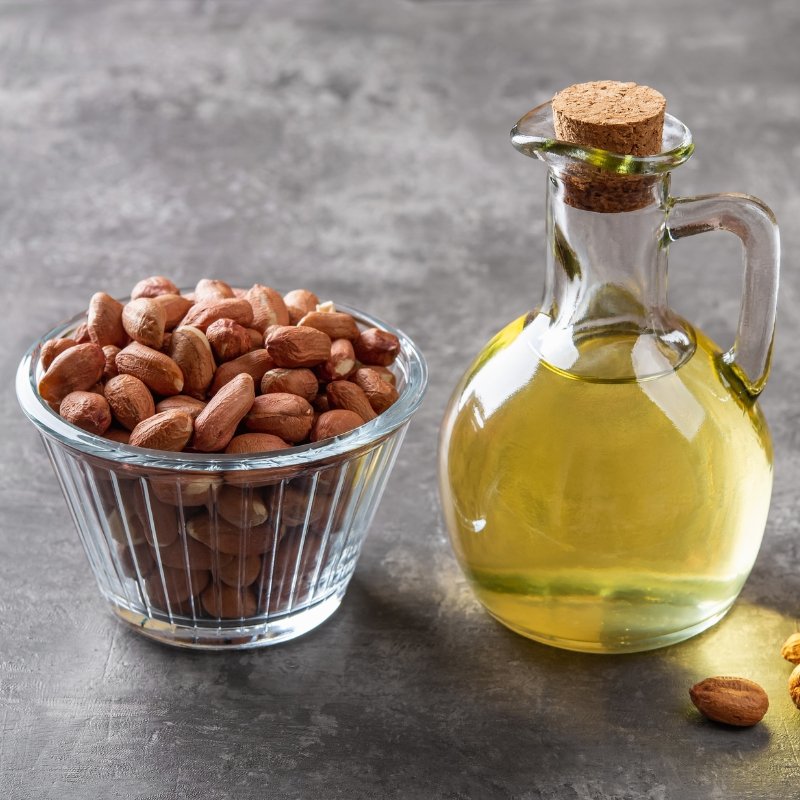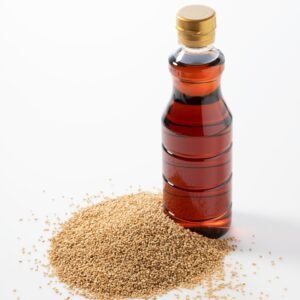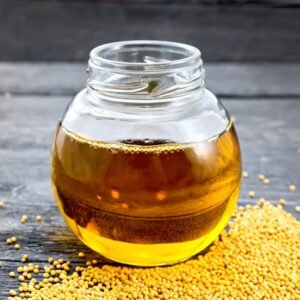Description
Groundnut oil, also known as peanut oil, is an edible vegetable oil derived from peanuts. It has a slightly sweet, nutty flavor and is high in unsaturated fats, especially monounsaturated fat. It is often utilized for its high smoke point by cooks and chefs worldwide, making it suitable for frying and sautéing.
Nutritional Benefits
Groundnut oil contains multiple nutrients that contribute to good health. It is high in “heart-friendly” monounsaturated fats, which can help reduce bad cholesterol levels and lower the risk of heart disease. Additionally, it is rich in vitamin E, a potent antioxidant that protects the body from damaging free radicals and supports skin health.
Uses in Cooking
Thanks to its high smoke point (approximately 450°F/232°C), groundnut oil is ideal for frying, sautéing, and roasting. Its mildly sweet flavor does not overpower dishes, allowing the food’s taste to shine through. It is widely used in Asian cooking, especially in Chinese, Indian, and Southeast Asian cuisines.
Oil Processing
Groundnut oil is produced through a process of harvesting peanuts, shelling them, and then pressing the nuts or using a solvent extraction method to gather the oil. The final product can be further refined to remove impurities, resulting in refined, bleached, and deodorized (RBD) peanut oil.
Allergy Concerns
It’s worth noting that despite being derived from peanuts, highly refined groundnut oil is often safe for individuals with peanut allergies because the proteins which trigger the allergic reaction are often removed during processing. However, less refined or cold-pressed oils may still contain these proteins. As such, people with peanut allergies should exercise caution and consult with a medical professional.
Sustainability and Environmental Impact
While groundnut oil production can contribute to agricultural economies, it also poses environmental concerns. Peanut plants require considerable water to grow, often drawing from limited water resources. Additionally, the use of pesticides and fertilizers in peanut farming may contribute to soil and water pollution.




Reviews
There are no reviews yet.